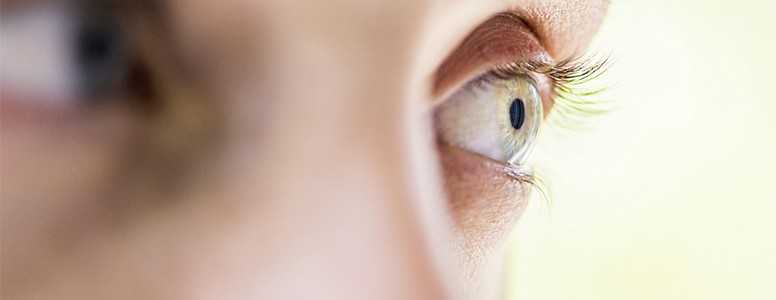The mother of a five-year-old boy, who died shortly after receiving a misdiagnosis of type 1 diabetes, has spoken out about the mistakes.
Diabetes.co.uk has previously reported a number of times in which a child has died following a misdiagnosis in which they were not diagnosed correctly with type 1 diabetes. In Shay’s case, the inquest heard that Shay had sepsis and not type 1 diabetes.
His mother Laura Turner told the Daily Mirror: “The family have been left devastated, destroyed, heartbroken by the loss of Shay. We relive every moment of his death and it’s left a huge void in our hearts.”
An inquest into the death of Shay Turner in Doncaster heard that he was admitted to Rotherham General Hospital on 30 March last year when he was unable to keep any water down and was repeatedly vomiting.
Shay showed signs of high blood glucose and was diagnosed with type 1 diabetes. Following the diagnosis, a further key error occurred as Shay was administered ten times the intended dose of insulin by accident.
On 2 April, a scan revealed that Shay had suffered a severe brain injury and the difficult decision was made to not keep Shay alive.
The coroner’s report stated that Shay did not have diabetes and died of a bowel infection leading to sepsis (infection of the blood). The report noted Hirschsprung disease as a possible cause of the infection. Hirschsprung disease is a condition which can prevent digested food matter passing through the bowel properly.
The family of Shay are contending that the insulin overdose was the cause of Shay’s death. Mother Laura added: “I have to know whether the amount of insulin caused or contributed to his death, which I believe it did. He was in a compromised position and therefore was less likely to cope with the overdose.”
Consultant forensic neuropathologist Dr Daniel du Plessis told the inquest that he believed it was unlikely that Shay’s death had been caused by the insulin.
He said: “I have no doubt that there was an excess of insulin given but it would appear that it was not long enough and severe enough to cause significant brain damage. There was no evidence the brain damage was a result of an over-dosage of insulin.”
A spokesperson for Rotherham NHS Foundation Trust, said: “Our thoughts and sympathies are very much with Shay’s family and our medical director has recently written to them about the serious incident investigation which we are currently undertaking.”
A further inquest into Shay’s death is scheduled to take place in October.
Picture credit: SWNS / Mirror





